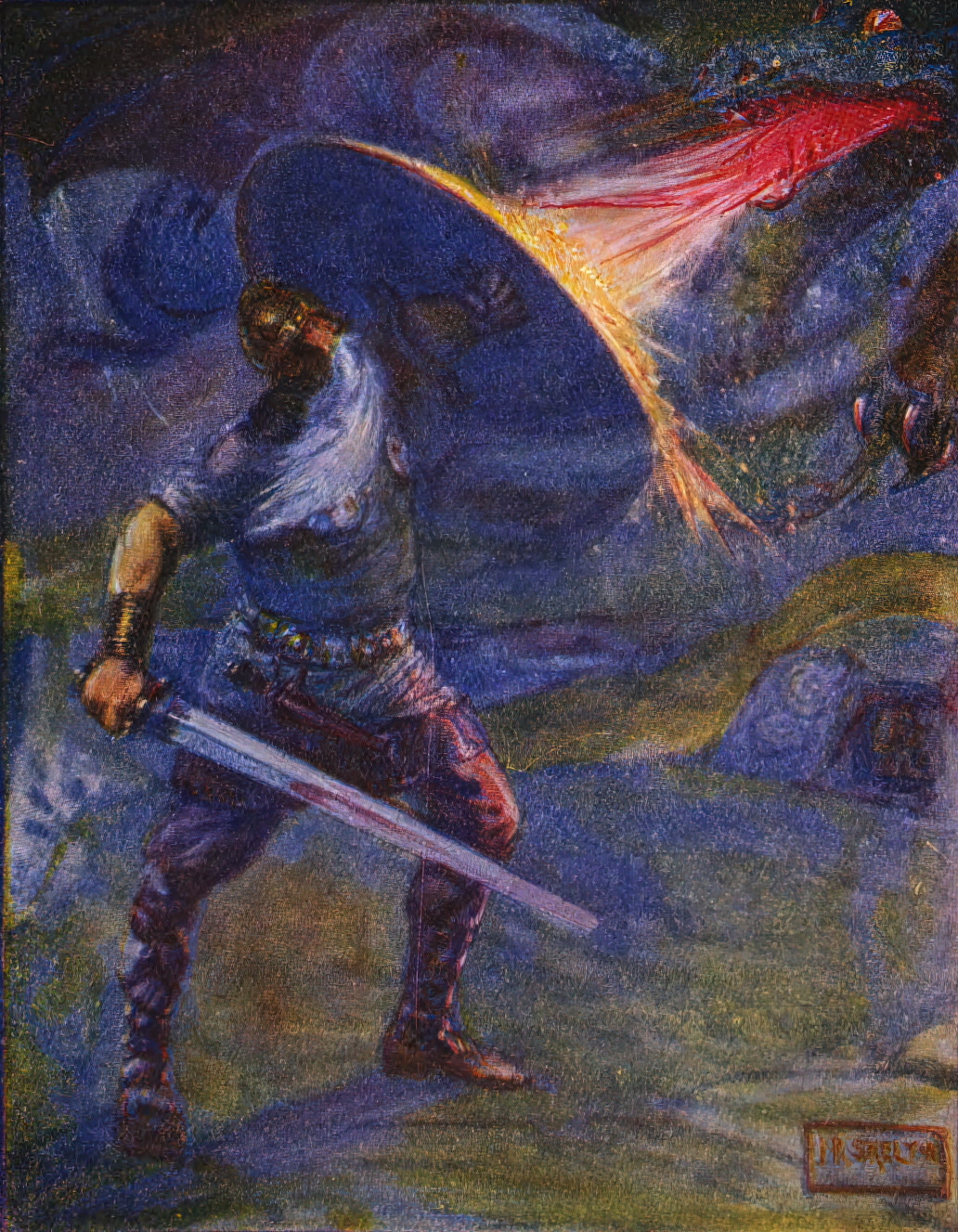According to the legend, a person who goes to the third stall in the girls' bathroom on the third floor and knocks three times before asking "Are you there, Hanako-san", will hear a voice answer "I'm here". If the person enters the stall there will be a small girl in a red skirt.
Hanako-san is a popular and widespread urban legend, often played by school children as a rite of courage, or a method of hazing for new students, similar to the Bloody Mary urban legend in Western schools.
Hanako-san has been noted to have various origins and behaviors, depending on the area or school, and is a widespread legend across Japan. Her appearance can also be different, but is usually that of a young girl with bobbed hair and a red skirt. She can be either mischievous, malevolent or benign.
Yamagata prefecture: After Hanako-san has answered and one enters the stall, he or she will find and be eaten by a three headed lizard who had mimicked a girl's voice.
Iwate prefecture: After one has called Hanako-san, a large white hand emerges from the door.
Kanagawa prefecture: After one has called her, a blood stained hand will appear.
"Hanako" was a common and typical girl's name in Japan during the 1950s when the legend supposedly began.





